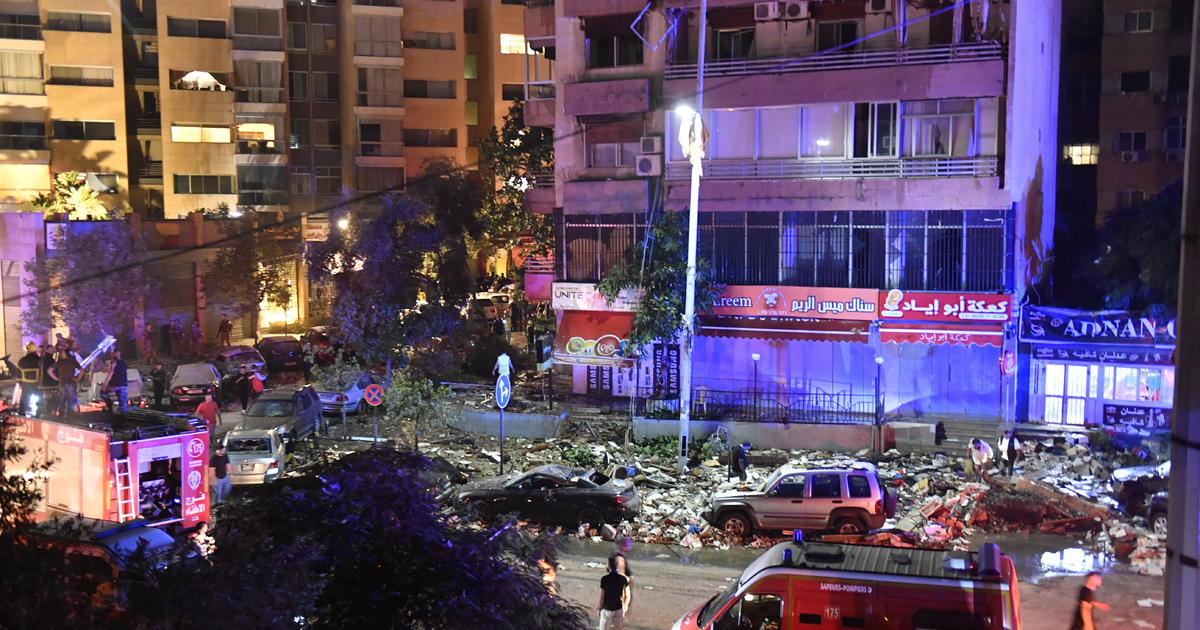The ongoing conflict between Israel and Hezbollah in Lebanon has reached a critical juncture, with Israel carrying out a series of intense airstrikes across the country, resulting in a significant escalation of the violence. The strikes have targeted various regions, including Beirut, Sidon, and Baalbek Hermel, causing widespread destruction and heavy casualties. The Israeli military claims that it is targeting militants and military installations, but these attacks have resulted in the deaths of innocent civilians, including women and children.
The Impact of Israeli Airstrikes
Casualties and Displacement
The Lebanese Health Ministry has reported that over 1,030 people have been killed in the Israeli airstrikes, including 156 women and 87 children, in less than two weeks. The conflict has resulted in mass displacement, forcing hundreds of thousands of Lebanese citizens to flee their homes, seeking refuge in shelters, with relatives, or even sleeping on the streets.
Targeted Assassinations
The strikes have focused on the leadership of Hezbollah, culminating in the killing of its long-time leader, Hassan Nasrallah. Other senior commanders have also been killed, including Nabil Kaouk, deputy head of Hezbollah’s Central Council, and Ali Karaki. Israel has claimed that these attacks were a measure of justice for past actions of Hezbollah, and that they aim to dismantle the organization’s command structure.
Infrastructure Damage
The Israeli airstrikes have also caused extensive damage to infrastructure in Lebanon. Buildings have been leveled, homes destroyed, and public services disrupted. This devastation will have long-lasting consequences for the country’s economy and ability to recover.
Hezbollah Response and Regional Concerns
Escalation of Rocket Fire
In response to the Israeli strikes, Hezbollah has significantly increased its rocket attacks into northern Israel. The attacks have injured people and caused damage, but many of the rockets have been intercepted by Israel’s air defense systems. However, the increasing frequency of rocket attacks highlights the growing threat of a wider conflict.
Global Calls for De-escalation
The escalation of the conflict has raised concerns about a potential regional war. The United States has been actively working to mediate a cease-fire between Israel and Hezbollah, with President Biden calling on both sides to agree to a 21-day temporary cease-fire. Other international actors have also called for de-escalation, emphasizing the need for a diplomatic solution.
Potential for Further Escalation and Wider Conflict
The current situation remains volatile, with the risk of a wider regional conflict increasing. Israel has declared its intent to return its citizens to northern communities, implying that the conflict could continue for an extended period. Hezbollah has made clear that it will only cease its attacks on Israel if there is a cease-fire in Gaza, which has proven difficult to achieve.
Takeaways
The ongoing conflict between Israel and Hezbollah is a complex and dangerous situation.
- The Israeli airstrikes have had a devastating impact on Lebanon, causing widespread casualties, displacement, and destruction.
- The targeting of Hezbollah’s leadership, while aimed at weakening the organization, has also risked escalating the conflict and further instability in the region.
- The ongoing war underscores the urgent need for a cease-fire and the pursuit of a diplomatic solution to this conflict.
- International cooperation is crucial to prevent a broader escalation and the potential for regional war.
As the conflict continues, it is vital for all parties involved to prioritize de-escalation and dialogue to prevent further bloodshed and a spiraling of violence.




